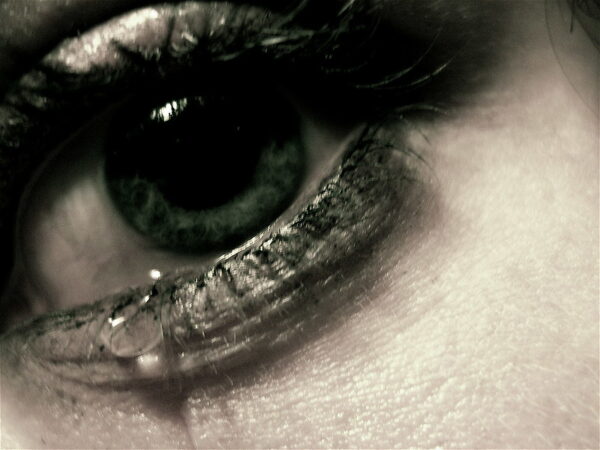
A Bausch + Lomb drug for dry eye disease is now approved by the FDA, providing a new treatment option for the millions of people whose eyes cannot stay wet and lubricated enough. It’s the first new drug for the company since it became an independent and publicly traded entity last year, but it’s just the latest regulatory nod for a product that has an established track record in other parts of the world.
The drug, known in development as NOV03, is now approved for treating the signs and symptoms of dry eye disease. Vaughan, Ontario-based Bausch + Lomb will market the product under the brand name Miebo. The Thursday approval of the drug came more than a month early. The FDA’s target date for a decision was June 28.
Dry eye develops when the eye doesn’t produce enough tears or it produces poor quality tears. It can also develop when tears evaporate more quickly than normal. The tear film that covers the eye is comprised of multiple layers. The outermost layer has oils that prevent tear evaporation. When the meibomian glands that produce these oils aren’t working properly, the tear film evaporates quickly, leading to dry eye.
Common treatments for dry eye include artificial tears, over-the-counter drops that rewet the eye. Topical steroids can be prescribed for short-term treatment of dry eye symptoms. Immunosuppressants may also be used to reduce inflammation in the tear glands. Miebo takes a different approach. The key ingredient in the drug is perfluorohexyloctane, a compound that forms a layer on the tear film in order to prevent evaporation.
FDA approval of Miebo is based on the results of two Phase 3 studies that enrolled more than 1,200 patients with dry eye disease and signs of meibomian gland dysfunction. Miebo is administered as one drop in each eye four times a day. The trial results showed that compared to saline, the Bausch + Lomb drug met the main goals of showing improvement in eye damage and eye dryness. Results from the second of the Phase 3 studies were published in January in the journal Ophthalmology.
Bausch + Lomb, the former eye products business of Laval, Quebec-based Bausch Health Companies, licensed Miebo from German company Novaliq in 2019. In Europe, the drug has been commercialized by Ursapharm, which markets the product as EvoTears. AFT Pharmaceuticals markets the drug in Australia and New Zealand under the brand name Novatears.

The Power of One: Redefining Healthcare with an AI-Driven Unified Platform
In a landscape where complexity has long been the norm, the power of one lies not just in unification, but in intelligence and automation.
Bausch + Lomb’s deal with Novaliq gives it U.S. and Canadian rights to the product. With the FDA approval, Bausch + Lomb owes Novaliq a $45 million payment, according to terms of the licensing agreement. The German company is also in line for royalties from its partner’s sales. Bausch + Lomb’s application seeking approval in Canada was submitted earlier this year.
“We believe that Miebo will address a significant unmet need for the many Americans who struggle with evaporative dry eye,” Novaliq CEO Christian Roesky said in a prepared statement. “We are grateful to Bausch + Lomb for their continued collaboration in bringing this unique new treatment option to market.”
Photo by Flickr user Lily MAP via a Creative Commons license








